YouTube and Spotify have followed Netflix’s lead in declining to develop dedicated applications for Apple’s much-anticipated spatial computer, the Vision Pro. This decision raises concerns about the immersive viewing experience on the $3,499 headset, set to launch in the US on February 2. YouTube spokesperson Jessica Gibby confirmed that YouTube will not have a native app for the Apple Vision Pro, and the existing iPad app will not be compatible with the high-end headset. Instead, YouTube users can access the platform through Safari on the Vision Pro.
Similarly, Spotify has reportedly chosen not to create a new app for the Vision Pro, and the likelihood of enabling its iPad app for the device remains uncertain. Users may potentially access Spotify through a web browser, although Spotify spokesperson Grey Munford emphasized that the company has not made any official announcements regarding its plans for the Vision Pro. MacStories’ examination of the App Store’s top 46 apps revealed that none will have a native visionOS app at launch, raising concerns about the availability of dedicated applications just weeks before the Vision Pro’s scheduled launch.
As reported, this trend began with Netflix announcing its decision not to offer a dedicated app for Apple’s $3,499 spatial computer. Netflix users on the Vision Pro will need to stream content without a standalone app, akin to watching on a web browser on Mac computers. The absence of dedicated Netflix and YouTube apps is anticipated to bring limitations, including no offline download support, limited video quality settings, and, in Netflix’s case, the absence of “Environments” for immersive background viewing. Notably, Netflix was excluded from Apple’s list of streaming services providing dedicated apps for the Vision Pro.
Despite these challenges, the Vision Pro offers an array of features, including access to 150 3D movies and Spatial Audio. Reportedly, the impact of the absence of dedicated apps, particularly from major streaming services, remains a focal point of discussion, particularly given the hefty price tag of $3,499.
For more updates, follow Markedium.















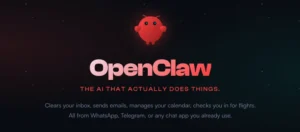











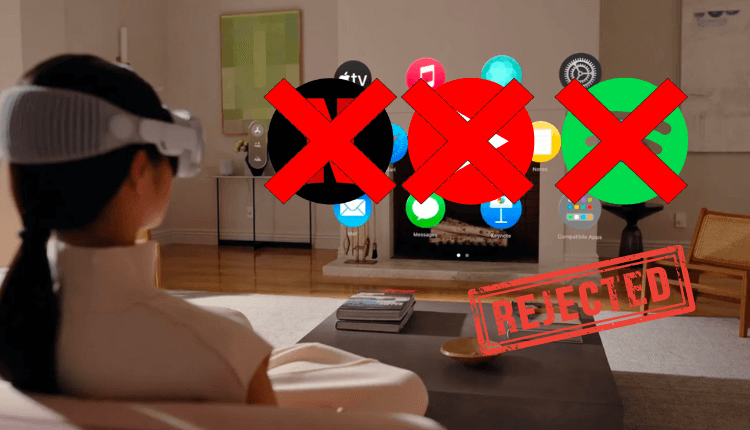

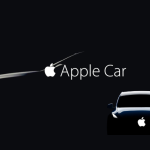

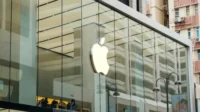

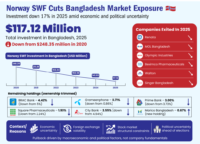



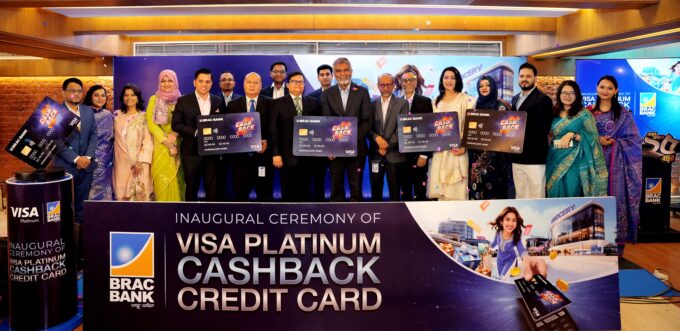




Leave a comment